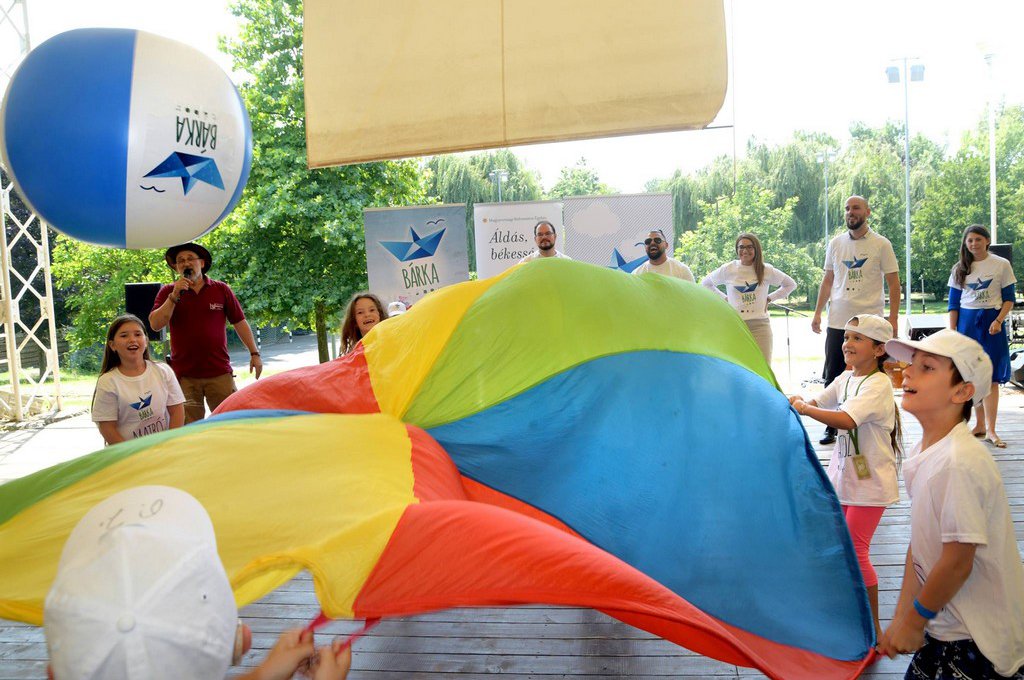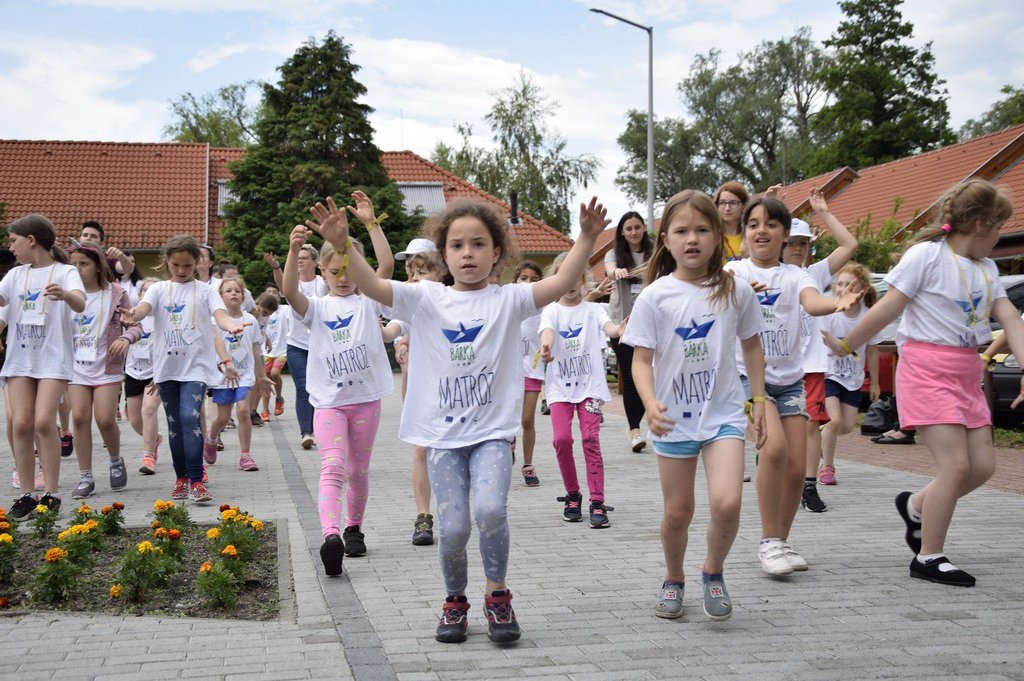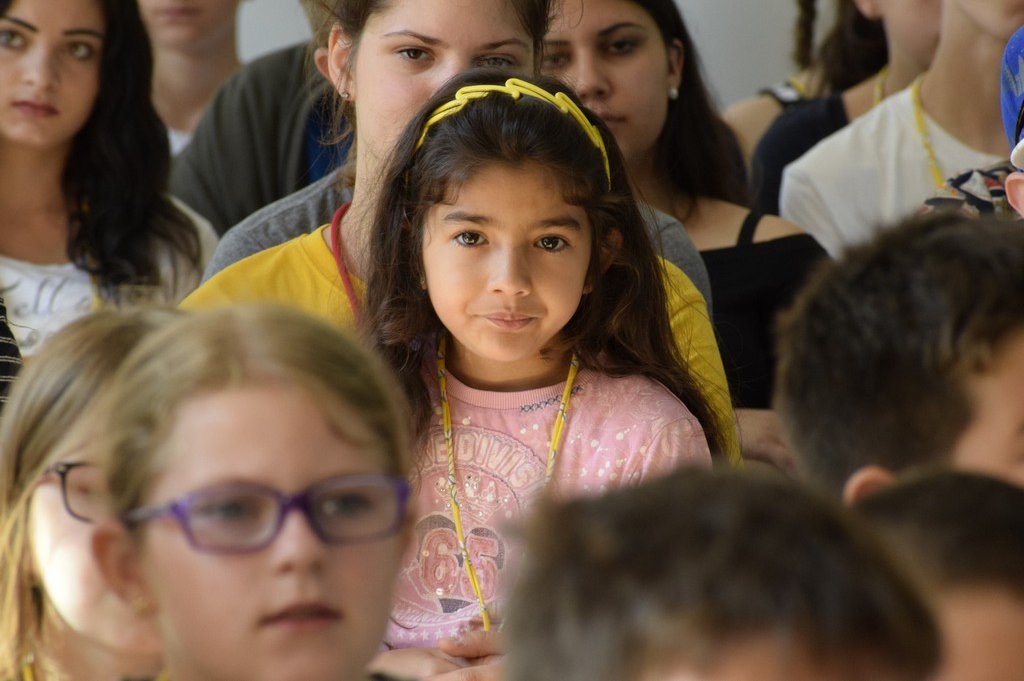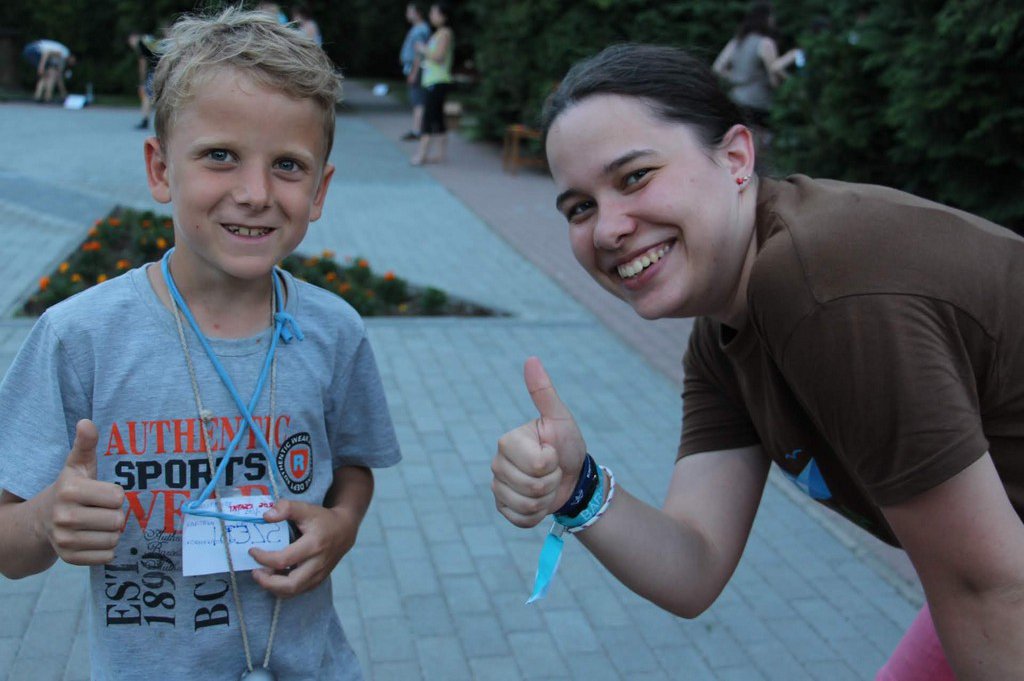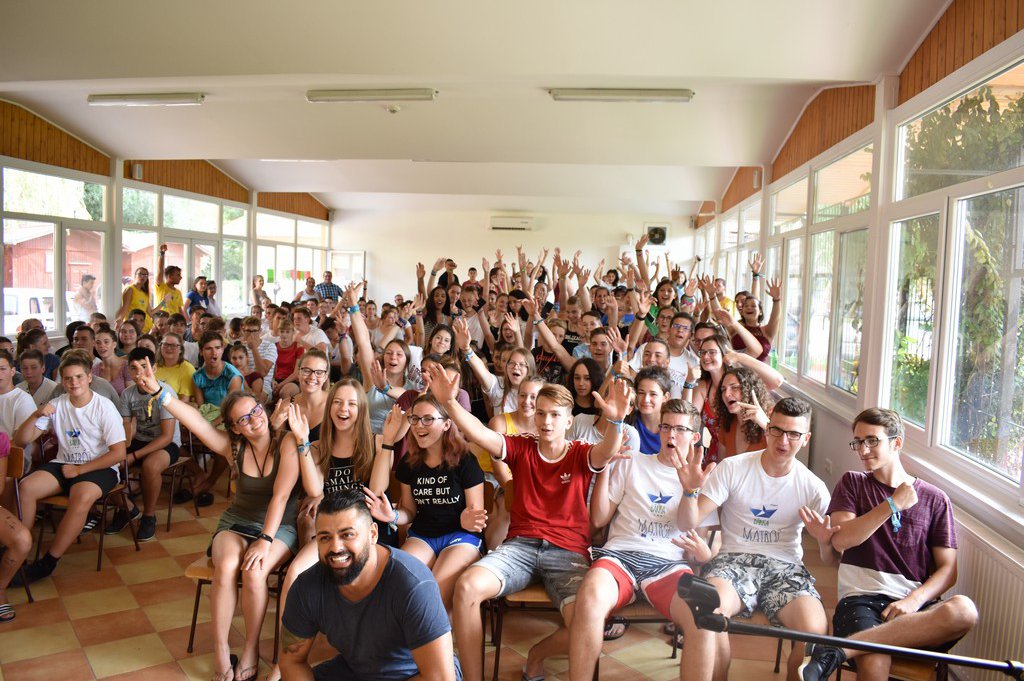Ark camps have started. In mid-February we talked to the organizers of Ark Camp, a priority status program of the Reformed Church in Hungary (RCH), to inform our readers about the program’s progress. Our interview with Orsolya Becze, the camp’s professional leader, revealed that the most urgent task at that time was the recruitment of educators and volunteers. And then, shortly after the interview was published, the COVID-19 pandemic changed everything. We have asked Gergely Gőbel, RCH project manager and project leader of Arc Camp, about the fate of the camp and its special significance during this time.
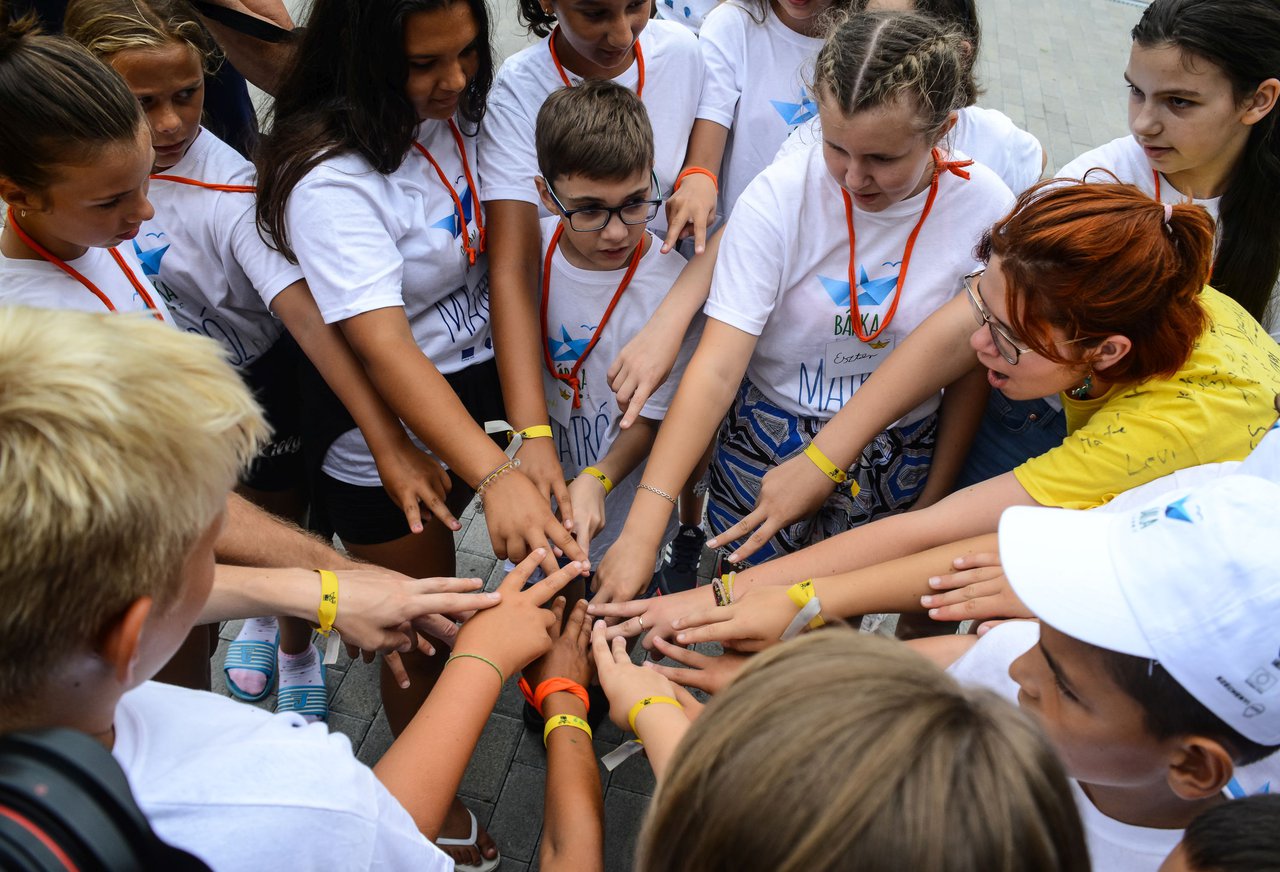
Arc Camp versus pandemic – what has happened over the past months, what stage are you at in terms of organizing, and what are your current tasks?
Obviously, the pandemic situation has radically transformed the organization of this year’s Arc Camp. As we have always put the children’s safety first, we sadly but quickly made the decision – with the approval of church leadership –, to postpone the first three sessions of the camp.
When would the sessions originally have begun?
We would have set sail on 2 June and had three sessions this month – all of which have been cancelled back in March. Fortunately, our original plans were to have the next round of sessions in August, and so we are heaving up the anchor – we hope the second wave of the virus does not arrive until then. This way we are going to have five sessions altogether. When the threat of the virus lessened and lockdown measures were gradually lifted, we had to find out whether the institutions that had applied back in March would still be interested or have changed their minds. Many have decided not to send their children, as parents are understandably worried. Yet we have been lucky because we managed to find other applicants and now each weekly session is fully booked.
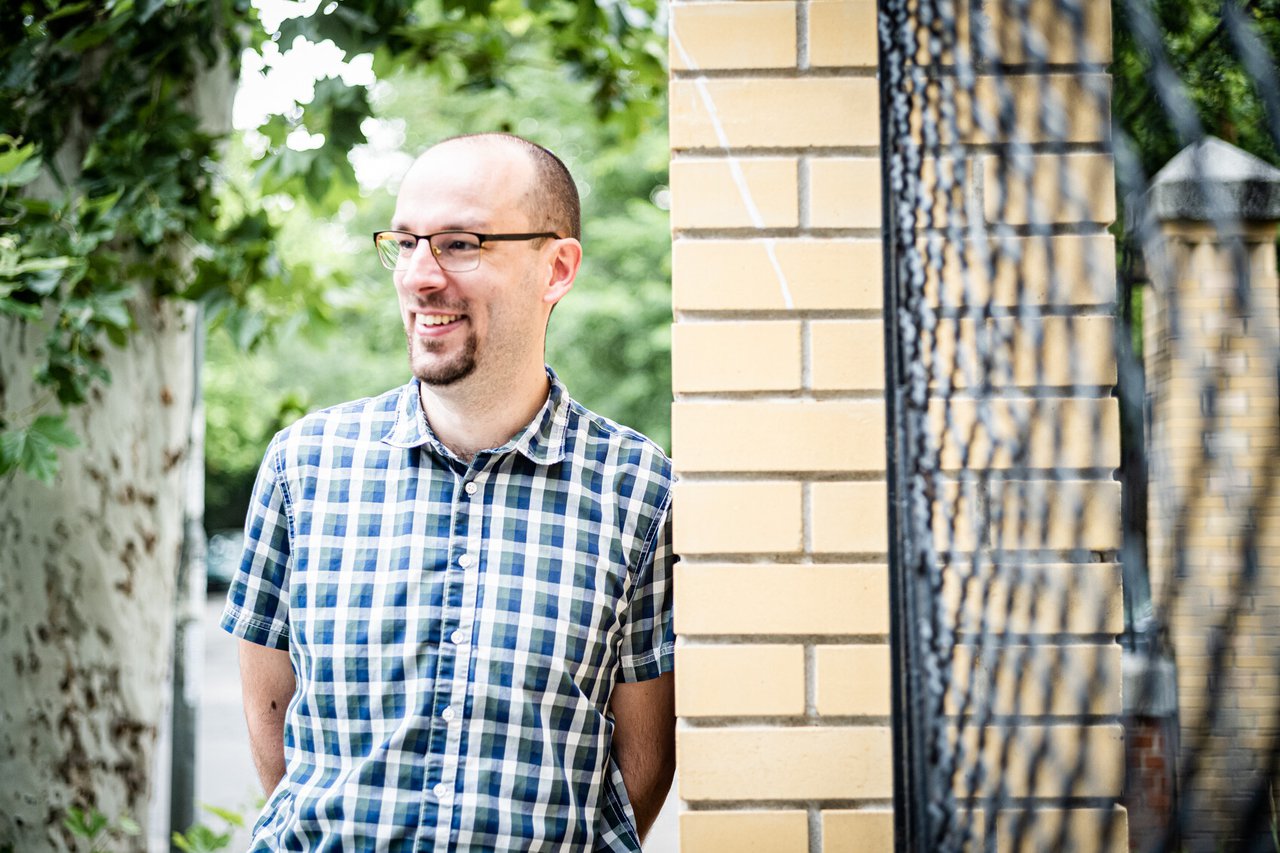
How are the preparations coming along?
We are just finalizing registrations for the sessions, we are preparing the programs that make the lives of Arc Camp participants even more colorful, and arrangements are also being made for the late July boot camp weekend for educators and volunteers.
Camp organizers usually receive the dates of boot camps and session meetings months prior to the actual event so that they are able to plan ahead. July is the busiest month of the summer – how can you organize the preparations in this period?
This year has been extraordinary for many reasons, but it has also entailed some flexibility because we knew exactly what we wanted. We knew we wanted to have an Arc Camp, we wanted a boot camp, and those involved in the organization and the implementation were standing at the start line, eagerly watching when the government and the church would ease restrictions, considering the expectations of the National Public Health Center – making sure that the safety of children is still our top priority –, waiting for the starting pistol to go off. If we had not been so alert, we would not have been able to organize all five sessions.
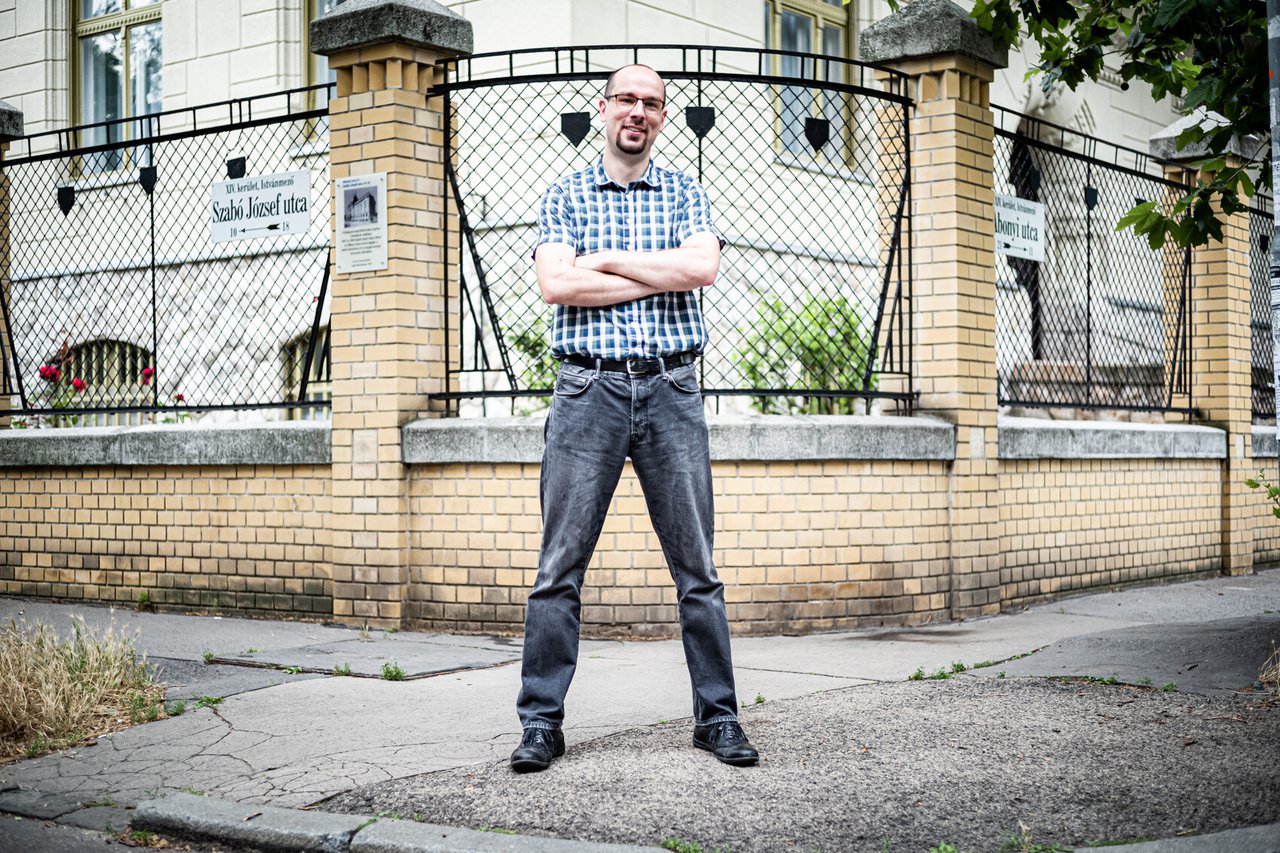
What is the exact time and place of the boot camp?
It is going to be held in Balatonfenyves between 23 and 26 July.
So the location is the same as that of the actual camps.
Indeed, we wanted to organize this program at the same place where the camps are going to be held. We have a great relationship with the Congregation of Kaposvár, which runs the Reformed Child and Youth Resort in Balatonfenyves, and we are grateful to them for providing the location for the training. Any other location would have made it difficult for the staff to prepare for how long it takes to get from one spot to another, especially if they have never been to the actual camp site. We hope that this way of preparation will make camp life easier for everyone.
How is it possible to organize children’s camps under the current regulations, such as keeping a distance of 1.5 metres and limiting the number of participants?
There are going to be two hundred children in each session, and a key aim is to achieve integration – creating an atmosphere where a Roma and a Hungarian child, for example, can muster up the courage to hold hands.
We continuously monitor the measures introduced by the National Public Health Center. Thankfully the regulations are gradually being eased, and the strictest ones are being lifted. Arc Camp is still aiming for integration, and we are making arrangements with the pandemic regulations in mind. We are in close contact with the resort operator regarding the cleaning supplies and shifts required, so that in this extraordinary year everyone can feel that they are arriving at a place that is safe both physically and emotionally.
We also pay attention to teaching the children about a healthy lifestyle and behaviour – it is not only during a pandemic that they learn how to wash their hands properly.
It is important for us to make the children health-conscious. This year we have a specific theme that we did not have to come up with: the COVID-19 situation has become an organic center of this year’s health development program. Proper hand-washing is only part of this program. Our health promoters are going to be present in each session. They are all qualified and experienced in handling the coronavirus situation. We have a protocol for events arising in connection with the pandemic – which has been developed by our senior health promoter. It includes everything that is compulsory, recommended or suggested regarding the operation of the camp.
Compensating for disadvantages with love and experiential education
Ark Camp is the ambitious opportunity creation program of the Reformed Church in Hungary, in which, over a period of four years, 6,500 children can participate in a camp free of charge at two locations, Balatonfenyves and Balatonszárszó. The program series is implemented with the help of 800 million HUF (over 2.3 million EUR) worth of funds from the European Union, and is aimed at disadvantaged or multiply disadvantaged children, children with special educational needs as well as children living with disabilities. Participating children can gain experiences of a lifetime through experiential education development activities and well-structured leisure activities, led by volunteers of RCH and the staff of an organization called Adventures and Dreams Expert Workshop. The name of the camp comes from the Bible, providing a framework story for the program: all participants are assigned roles related to the biblical story. Thus representatives of RCH’s Synod Office – the main organizer – become “shipwrights”, session leaders are “explorers”, those in charge of experiential educational programs are “captains”, leisure activity organizers are “navigators”, volunteers responsible for the needs of children are “boatswains”, spiritual leaders are “fishermen”, while the children themselves are “sailors”.
Is this all going to be possible with the originally planned number of health promoters?
Yes, it is, and at least two additional health personnel are going to be constantly present in the camp. They are available on site 24/7 to effectively handle any issues the children might have. This is not something required by law, but an extra measure that we have undertaken because we see its use. In the first year, for example, there was a little boy who could not deal with the fact that he could have seconds at camp. He had never had the opportunity to eat as much as he wanted, and so, not surprisingly, overeating made him sick. It was for this and similar situations that the health care staff was needed for. And this year, their expertise will come in handy again: they will be in touch with the infection specialist of the area’s hospital, getting up-to-the-minute information regarding the epidemic.
Such stories as that little boy’s leave a lasting impression.
We personally have experienced several similar stories – as we, the main organizers and people in charge are also present in the camp –, or at least heard about such instances. Another story that comes to mind is that of a boy who was a camper in the first year. He was touched by what he experienced at camp: having received so much love urged him to pay some of it forward. When we were getting ready for the next camp, we saw his name again – but this time he attended as a volunteer. It is good to see that experiencing love becomes infectious, a positive epidemic, if you like: if you have been touched by it, you pass it on. It is a great achievement of Arc Camp that this boy realized that paying it forward works. But there are other, less joyful stories. Once, during an experiential education session in the morning, one of the children suddenly burst into tears because the activity brought up painful feelings about the abuse suffered at home. It was something that this child had never been able to talk about. These sessions are often so intense that they bring to the surface feelings that have been buried deeply, or not so deeply. It only took this child one moment to be confronted with all the hurt they have suffered all through childhood. We also find out more about why some children have learning difficulties at school, where a certain level of performance is expected. A good example is a young boy who is not doing well at school and is considered problematic. And then it turns out that he lives in a tiny house that has no public utilities installed, with ten other people. It is obvious that he cannot do his homework there – how could he? And we hear similar stories each year at camp. And once we look behind the stories, we can see that there is a long road ahead of Ark Camp.
Crowdfunding has begun – become a supporter of Ark Camp!
At present, Arc Camp is covered by EU grants, but not in the long run. While the official project is meant to end next year, the number of children in need is not lower than before. The organizers wish to keep on providing at least eight sessions every year to these children at Lake Balaton, continuing the usual and beloved Ark Camps.
Let’s Float the Ark Again!
RCH’s “Ark Camp”, a series of summer camps for socially disadvantaged children, will take place also this year. The main goal of the project is to promote social inclusion in the framework of six-day thematic residential camps for altogether 6,500 students between 2018 and 2021, financed by EU funds. Participants are mostly socially disadvantaged children living in so called “convergence regions”, connected to the public education system of RCH.
Originally published in the Reformed Weekly of RCH. Translated by Erzsébet Bölcskei.
Ark Camps have started
This year again, nearly a thousand youngsters get the opportunity to have fun under safe circumstances in Arc Camp, organized by the Reformed Church in Hungary. The camp, which is free of charge and is located by Lake Balaton, starts on 3 August, with special attention paid to the current pandemic measures. From 2020 on, Arc Camp can also be supported by individuals and businesses.
